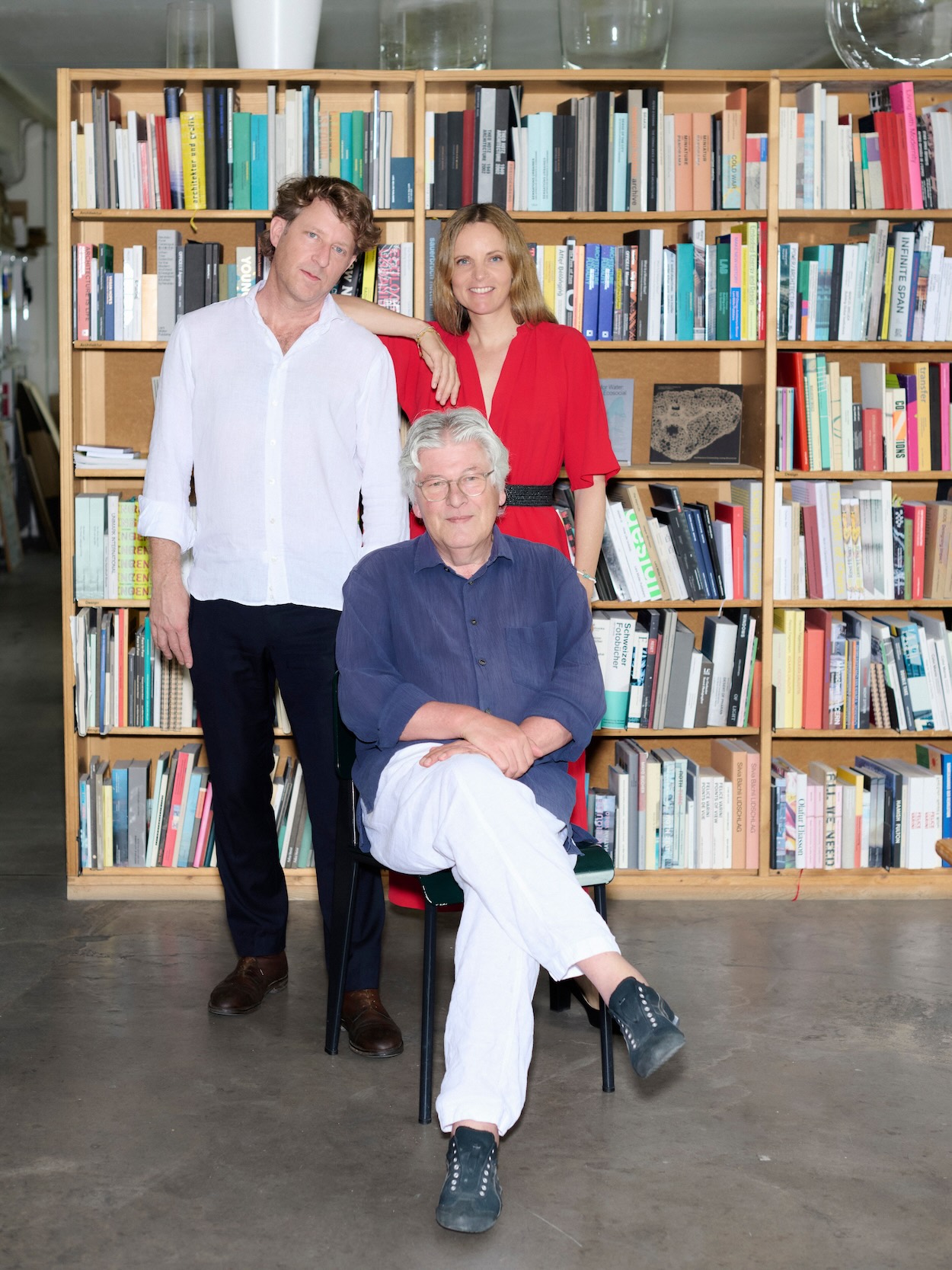Doyle is set to auction fine and costume jewelry from Iris Apfel’s estate.
On July 22, Doyle will hold a timed online auction featuring jewelry and accessories from the estate of Iris Apfel. The sale includes 55 lots from Apfel’s personal collection, spanning fine and costume jewelry as well as signature eyeglass frames and boldly scaled pieces that reflect her maximalist sensibility. Known for her layered style and rule-breaking approach to fashion, Apfel helped redefine personal adornment and expression as performance.
Tapestry—Coach and Stuart Weitzman’s parent company—is going in on recycled leather.
Tapestry, the parent company of Coach, Kate Spade, and Stuart Weitzman, has increased its investment in Gen Phoenix, a U.K.-based maker of recycled leather materials. The move gives Tapestry a 9.9 percent stake and deepens a collaboration that began in 2022, focused on developing circular alternatives for its leather-heavy product lines. Gen Phoenix uses patented technology to transform leather waste into lighter, lower-impact materials that meet the brand’s durability standards. The expanded partnership reflects both companies’ shared interest in scalable sustainability solutions that align with design goals and consumer expectations.
The Eames Institute’s nonprofit has inked a landmark partnership with Lars Müller’s publishing house.
The Eames Institute of Infinite Curiosity has acquired art book publishing house Lars Müller (LMP). Founder Lars Müller will continue to lead the imprint’s editorial direction, joined by Zurich studio Hubertus Design, whose principals bring deep experience in visual communication. The partnership expands the Institute’s publishing reach and integrates LMP’s catalog into its growing ecosystem of exhibitions, research, and public programming.
A new survey indicates that French galleries are struggling amid the international art market’s uncertainties.
A new survey of French art galleries paints a bleak picture of the current market, with 85 percent of respondents expressing pessimism about the year ahead. Turnover dropped by six percent in 2024, reflecting a broader 12 percent global downturn, and a fifth of French dealers saw sales plummet by more than 20 percent. Gallery leaders cite a lack of younger collectors, the rising costs of international fairs, and the collapse of midsize players as structural issues threatening the sector’s future. Despite Art Basel’s recent arrival in Paris, many newer French galleries have struggled to scale or break into the global circuit.
A study out of Stanford University reports on troubling findings on A.I. therapy.
A Stanford study evaluating five A.I. therapy chatbots found that they often reinforced stigma and, at times, gave unsafe or inappropriate responses to users in distress. The research flagged particular concern around how these bots treated conditions like alcohol dependence and schizophrenia, showing greater bias than toward depression. In testing real-life therapy scenarios, some bots responded alarmingly to mentions of suicidal thoughts, highlighting the risks of using A.I. in sensitive mental health contexts. While researchers acknowledged that chatbots might still support activities like journaling, they cautioned against relying on them as therapeutic substitutes.
Today’s attractive distractions:
There’s a new analog Snake game on the horizon—and it’s powered by water.
MAD Architects’ build for the Lucas Museum of Narrative Art is almost entirely complete.
Get ready: a KAWS mega-installation is headed for the New York Botanical garden.
Tom Holland can’t seem to help spilling the beans about the latest Spider Man movie.


